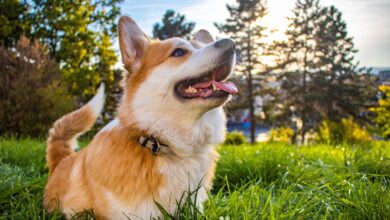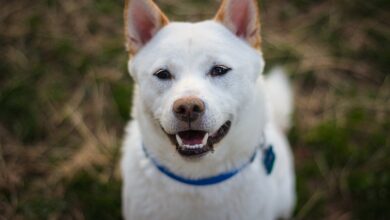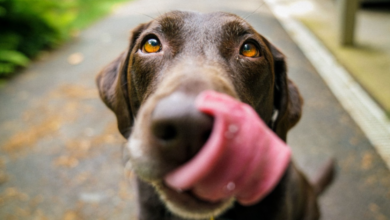10 Dog Breeds with the Biggest Vet Bills in 2024

Owning a dog is a lot of fun, but it also comes with responsibilities like ensuring their health and happiness. Some breeds are more prone to health problems than others, leading to higher veterinary costs. These costs can add up over time due to frequent visits, treatments, surgeries, and ongoing care for chronic conditions. In 2024, understanding which dog breeds are likely to incur the highest veterinary bills can help future and current dog owners prepare financially and make informed decisions. This article explores the ten dog breeds with the highest veterinary bills, detailing why each breed is a good fit for this topic and the common health problems they face.
10. Great Dane
Great Danes are known for their large size and gentle nature, but they are also prone to a number of health problems that can lead to high veterinary bills. One of the most significant concerns is gastric dilatation-volvulus (GDV), commonly known as bloat, which is a life-threatening condition that requires emergency surgery. Additionally, Great Danes are susceptible to hip dysplasia, cardiomyopathy, and various cancers. Their large size also means that any treatment, including medications and surgery, will be more expensive. Regular health checks and preventative care are essential to managing their health and keeping costs down.

9. English Bulldog
English Bulldogs are beloved for their distinctive appearance and gentle temperament, but their unique physical characteristics cause a variety of health problems. They are prone to brachycephaly due to their short muzzles, which can cause breathing difficulties that often require surgery. Bulldogs are also prone to hip dysplasia, skin infections, and allergies. Their wrinkled skin can harbor bacteria, requiring frequent cleaning and veterinary care. These persistent health problems lead to frequent trips to the vet and high medical costs, making them one of the breeds with the highest veterinary bills.
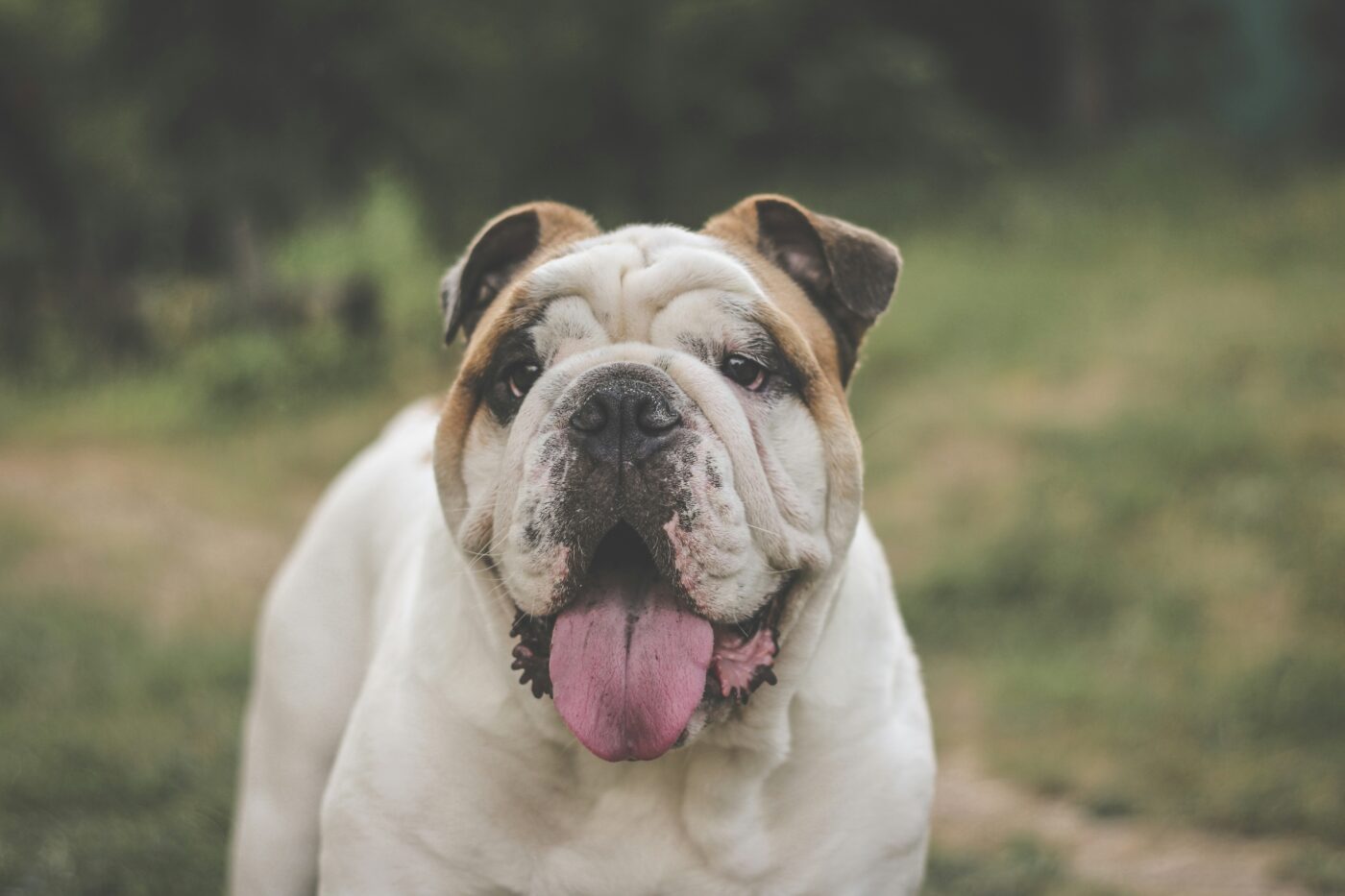
8. Bernese Mountain Dog
Bernese Mountain Dogs are large, affectionate dogs known for their friendly nature. However, they have a relatively short lifespan and are prone to a number of serious health conditions. They are susceptible to several forms of cancer, particularly histiocytic sarcoma, which requires expensive treatments such as chemotherapy. Bernese Mountain Dogs are also prone to hip and elbow dysplasia, which can require expensive surgeries. Their size and tendency to develop joint problems further increase veterinary costs. Regular screening and preventative care are important to keep their health in check and keep costs down.
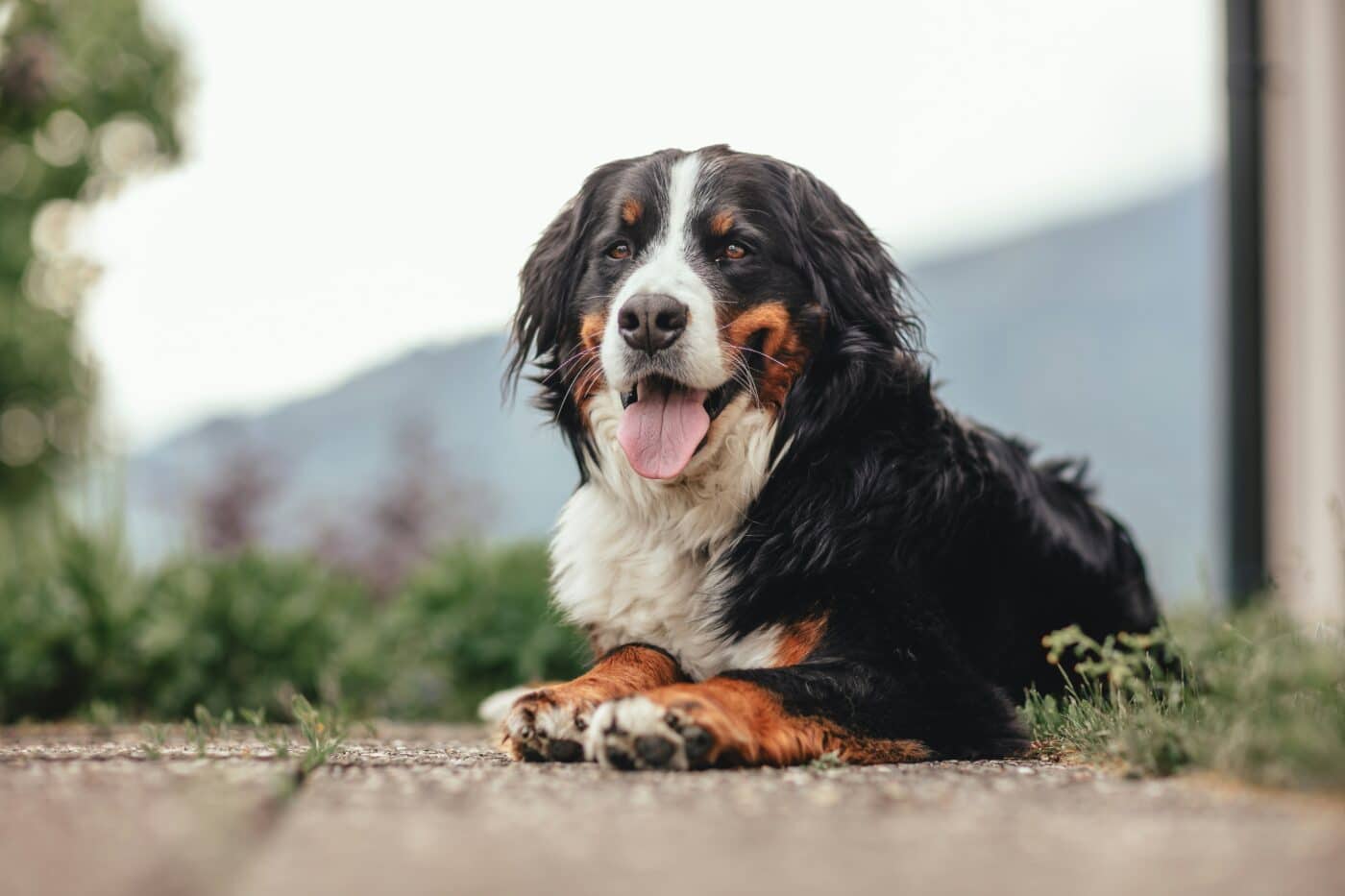
7. Rottweiler
Rottweilers are healthy, loyal dogs with protective natures, but they are also prone to a number of health problems that can lead to significant veterinary bills. A major concern is hip and elbow dysplasia, which often requires surgery. Rottweilers are also susceptible to osteosarcoma, a bone cancer, and other cancers that require expensive treatment. Heart problems, such as aortic stenosis, are also common in this breed. Regular veterinary checkups, early diagnosis, and preventative care are essential to managing their health and reducing high costs.

6. Boxer
Boxers are active and affectionate dogs, but their playful nature makes them susceptible to a number of health problems. Boxers are susceptible to several types of cancer, including mast cell tumors and lymphomas, which require expensive treatment. They are also prone to heart problems such as cardiomyopathy and aortic stenosis. Boxers can be prone to hip dysplasia and degenerative myelopathy, both of which require ongoing veterinary care. Their short muzzles also make them susceptible to respiratory problems, which add to veterinary costs. Regular health checks and preventative care are important for this breed.

5. French Bulldog
French Bulldogs are popular for their compact size and charming personalities, but they are also known for serious health problems. Their brachycephalic (short-nosed) structure makes them prone to breathing difficulties, which often require surgery to correct. French Bulldogs are also prone to skin conditions, allergies, and hip dysplasia. Their unique structure can lead to spinal problems, such as intervertebral disc disease, which require expensive treatment. Regular veterinary visits, careful monitoring, and preventative care are essential to managing their health and controlling costs.

4. Labrador Retriever
Labrador Retrievers are one of the most popular dog breeds due to their friendly and loyal nature, but they are also prone to a number of health problems. Common problems include hip and elbow dysplasia, which can require costly surgery. Labradors are also prone to obesity, which can lead to diabetes and other related health problems. Ear infections, allergies, and heart conditions such as tricuspid valve dysplasia are also common in this breed. Regular veterinary check-ups, a balanced diet, and adequate exercise are important to keep their health in check and reduce veterinary costs.
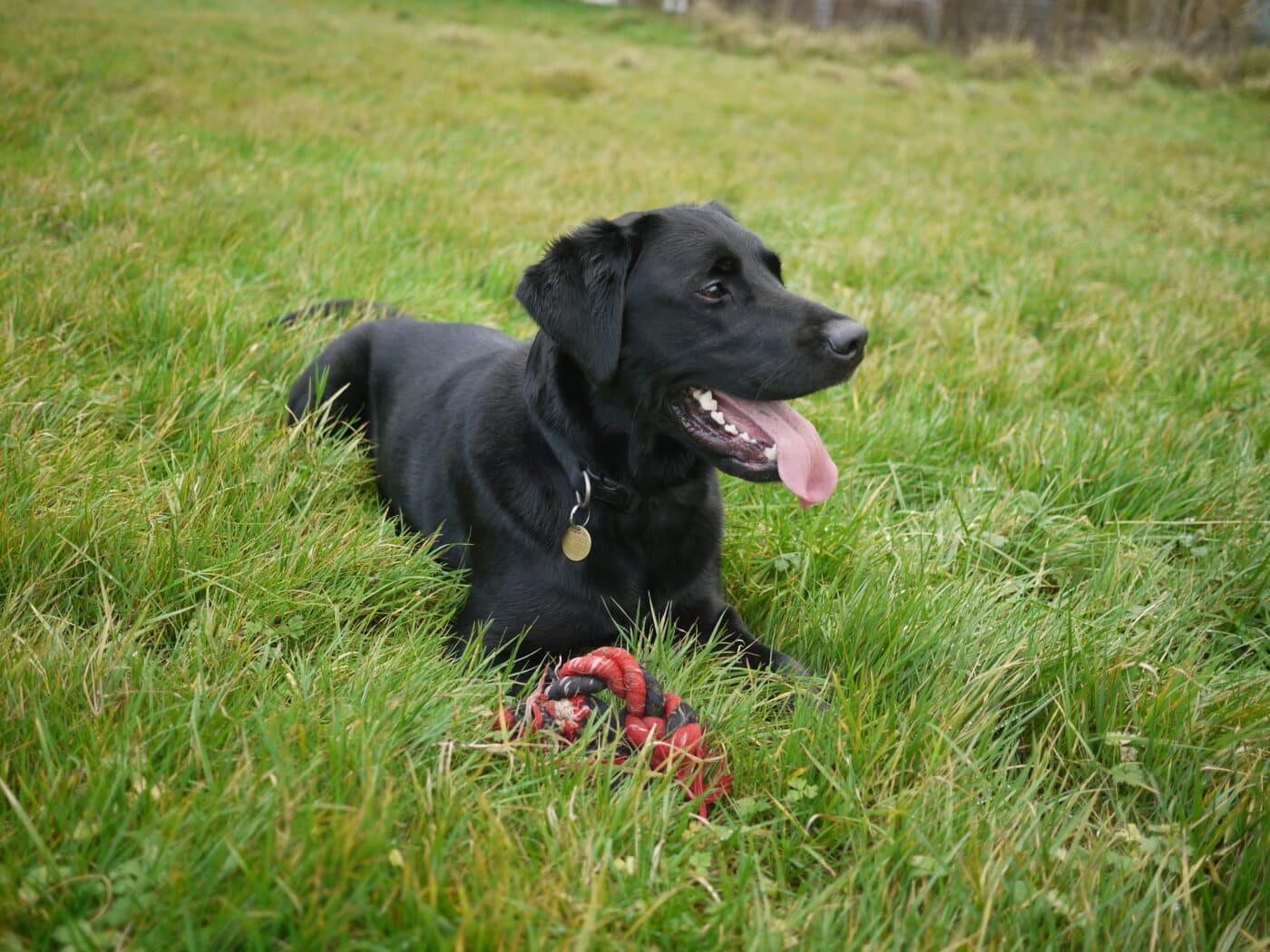
3. Golden Retriever
Golden Retrievers are known for their friendly and gentle nature, but they are also prone to a number of health problems. They are susceptible to cancers, especially hemangiomas and lymphomas, which require expensive treatments such as chemotherapy. Hip dysplasia, elbow dysplasia, and heart problems such as subvalvular aortic stenosis are also common. Golden Retrievers are prone to skin conditions and allergies, which require constant veterinary care. Regular health checks, preventative measures, and a healthy lifestyle are essential to managing their health and reducing high veterinary costs.
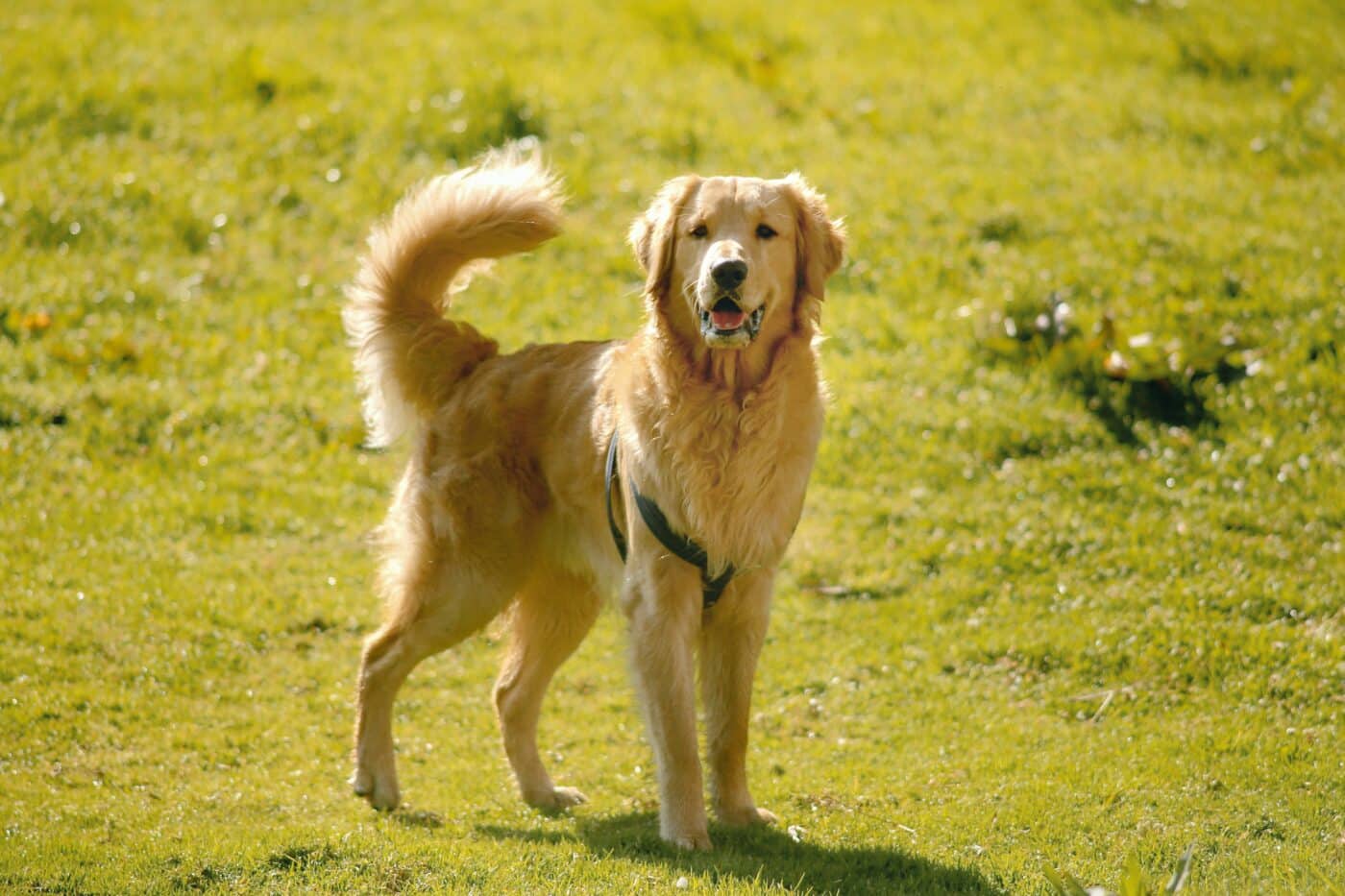
2. German Shepherd
German Shepherds are intelligent and versatile working dogs, but they are prone to a number of health problems that can lead to significant veterinary bills. Hip and elbow dysplasia are common in the breed, often requiring surgery. German Shepherds are also prone to degenerative myelopathy, a progressive spinal cord disease that requires ongoing treatment. They can suffer from a variety of autoimmune diseases and skin conditions that require regular veterinary care. Regular health checks, early diagnosis, and preventative care are important to managing their health and keeping costs down.
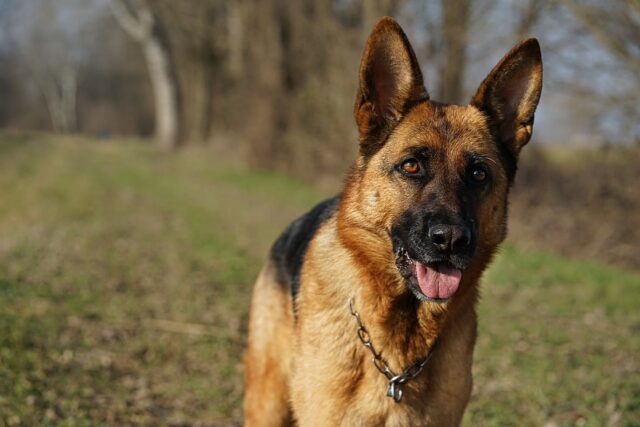
1. Newfoundland
Newfoundlands are gentle giants known for their loving nature and loyalty, but their large size brings with it a number of health problems and high veterinary costs. They are prone to hip and elbow dysplasia, which often requires costly surgery. Newfoundlands are also prone to heart conditions such as subvalvular aortic stenosis and dilated cardiomyopathy, which require ongoing treatment. Their thick coats can lead to skin infections and allergies, which add to veterinary costs. Regular health checks, a balanced diet, and adequate exercise are essential to managing their health and reducing veterinary costs.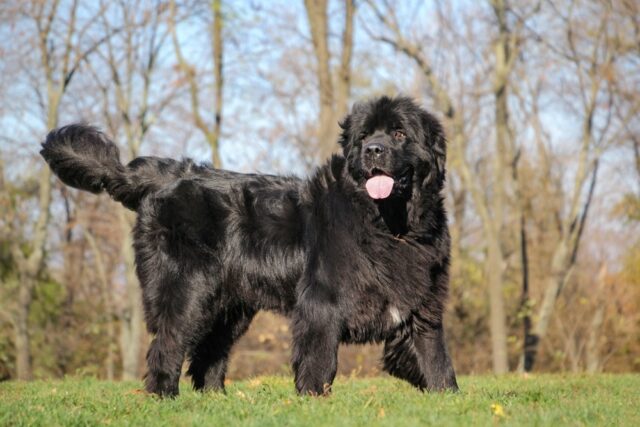
In summary, these ten dog breeds are particularly susceptible to health problems that lead to high veterinary costs. Regular health checks, preventative care, and early diagnosis are important to managing their health and minimizing costs. Future and current dog owners should be aware of these potential costs and be prepared to ensure their pets receive the best possible care. By understanding the specific health needs and predispositions of these breeds, owners can provide a loving and healthy environment for their furry friends.
